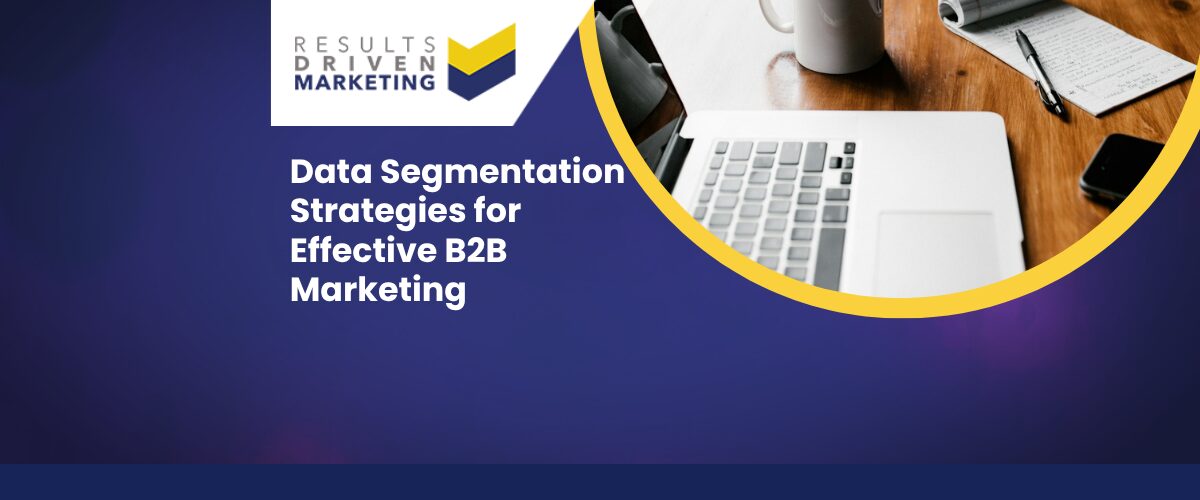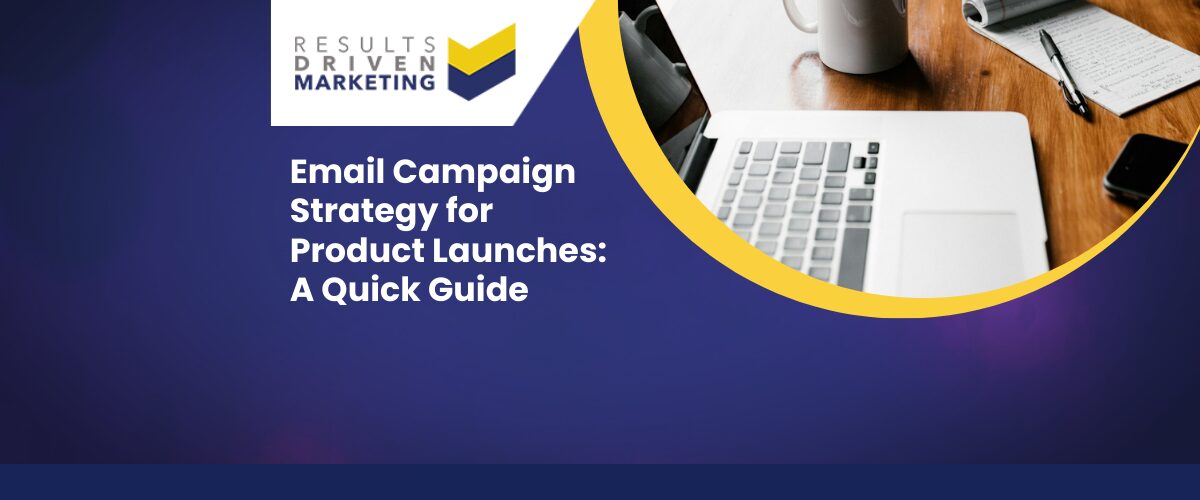
Data Segmentation Strategies for Effective B2B Marketing
Data segmentation strategies are essential for UK SMEs that want to make the most of their purchased B2B data. Without clear segmentation, marketing campaigns can become broad and unfocused, wasting budget and missing key decision-makers. Business owners, sales directors, and marketers often face challenges targeting the right prospects effectively, which leads to lower engagement and reduced ROI.
In this guide, we’ll explore practical data segmentation strategies that help you divide your data into meaningful, actionable groups. You’ll learn how to segment by firmographics, behaviour, intent, and more, plus how to align your segmentation with your campaign goals. Whether you’re refining existing data or building fresh lists, these strategies will empower your B2B marketing efforts — delivering better targeting, compliance, and ultimately, more qualified leads.
Table of contents:
Table of contents:
Why Data Segmentation is Critical for B2B Success
Implementing effective data segmentation strategies is a game-changer for UK SMEs looking to improve their B2B marketing outcomes. Here’s why segmentation matters:
-
Improves ROI — Targeted marketing means your messages reach the right prospects, reducing wasted spend and increasing conversions.
-
Enhances relevance — Tailoring content and offers to specific segments boosts engagement and builds stronger relationships.
-
Supports GDPR compliance — Segmentation helps manage consent and data usage, reducing legal risks.
By dividing your audience into meaningful groups, you can create more personalised campaigns that resonate with decision-makers and drive better business results.
Common Segmentation Criteria for B2B Marketing
Understanding the right criteria is key to effective data segmentation strategies. UK SMEs typically segment their B2B data using these key factors:
-
Firmographics
Segment by company sector, size, and geographic location to target prospects that fit your ideal customer profile. -
Role-Based Segmentation
Distinguish between decision-makers, such as CEOs or MDs, and influencers, like department heads or senior managers, to tailor messaging accordingly. -
Behavioural Data
Use data on website visits, content downloads, and engagement history to identify active and interested prospects. -
Intent Data
Incorporate signals that indicate purchase readiness or specific interests, allowing you to prioritise leads with higher conversion potential.
By combining these criteria, you can build precise segments that improve campaign effectiveness and resource allocation.
Advanced Data Segmentation Strategies
To maximise the impact of your data segmentation strategies, consider adopting these advanced approaches:
Combining Firmographics and Behaviour for Precision Targeting
Integrate company demographics with behavioural insights to create segments that reflect both who your prospects are and how they engage with your brand.
Using Predictive Analytics and Scoring Models
Leverage data science to predict which prospects are most likely to convert, enabling you to focus efforts on high-value leads.
Dynamic Segmentation and Real-Time Updates
Implement systems that update segments automatically based on new data or prospect behaviour, keeping your marketing agile and responsive.
These sophisticated strategies help UK SMEs stay ahead by delivering highly relevant messaging and improving lead quality.
Implementing Segmentation in Your Marketing Campaigns
Effective execution of data segmentation strategies requires careful planning and integration into your marketing efforts:
-
Map segments to messaging and channels — Tailor your communications to each segment, choosing the right tone, content, and delivery channels like email, LinkedIn, or direct mail.
-
Test and refine segmentation — Use A/B testing and performance tracking to see which segments respond best and adjust your strategy accordingly.
-
Leverage automation and CRM integration — Automate segment-based workflows and ensure your CRM reflects up-to-date segment information for seamless sales and marketing alignment.
Implementing segmentation thoughtfully enhances campaign relevance, efficiency, and ultimately drives better results for your SME.
Why Choose Results Driven Marketing
Results Driven Marketing has over 12 years’ experience helping UK SMEs harness data segmentation strategies to boost marketing performance. Here’s why we’re the trusted partner:
-
Expertise in SME data segmentation — We understand the unique needs and challenges of UK businesses and tailor segmentation to your goals.
-
Comprehensive, accurate data — Our data is meticulously maintained to support precise segmentation and effective targeting.
-
Fast, secure delivery — Receive your segmented data promptly in secure formats, ready for immediate use.
-
Dedicated support — We provide ongoing advice and support to help you optimise segmentation and campaign outcomes.
Ready to improve your targeting and lead generation? Contact us today to discuss your segmentation needs.
Final Thoughts on Data Segmentation Strategies
Effective data segmentation strategies are an ongoing process that significantly boosts B2B marketing results for UK SMEs. By continuously refining how you divide and target your data, you improve relevance, engagement, and campaign ROI.
Remember, segmentation isn’t a one-off task but a core part of your marketing strategy that evolves with your business and market changes. Prioritising precise segmentation also helps ensure compliance with regulations like GDPR.
If you’re ready to optimise your data segmentation and drive better lead generation, contact us today. You can also explore our tailored, high-quality email lists designed specifically for UK SMEs.
Results Driven Marketing
Trading name of IIB Trading Ltd
📍 Based at Cobalt Business Exchange, Newcastle
📞 0191 406 6399
🌐 rdmarketing.co.uk





